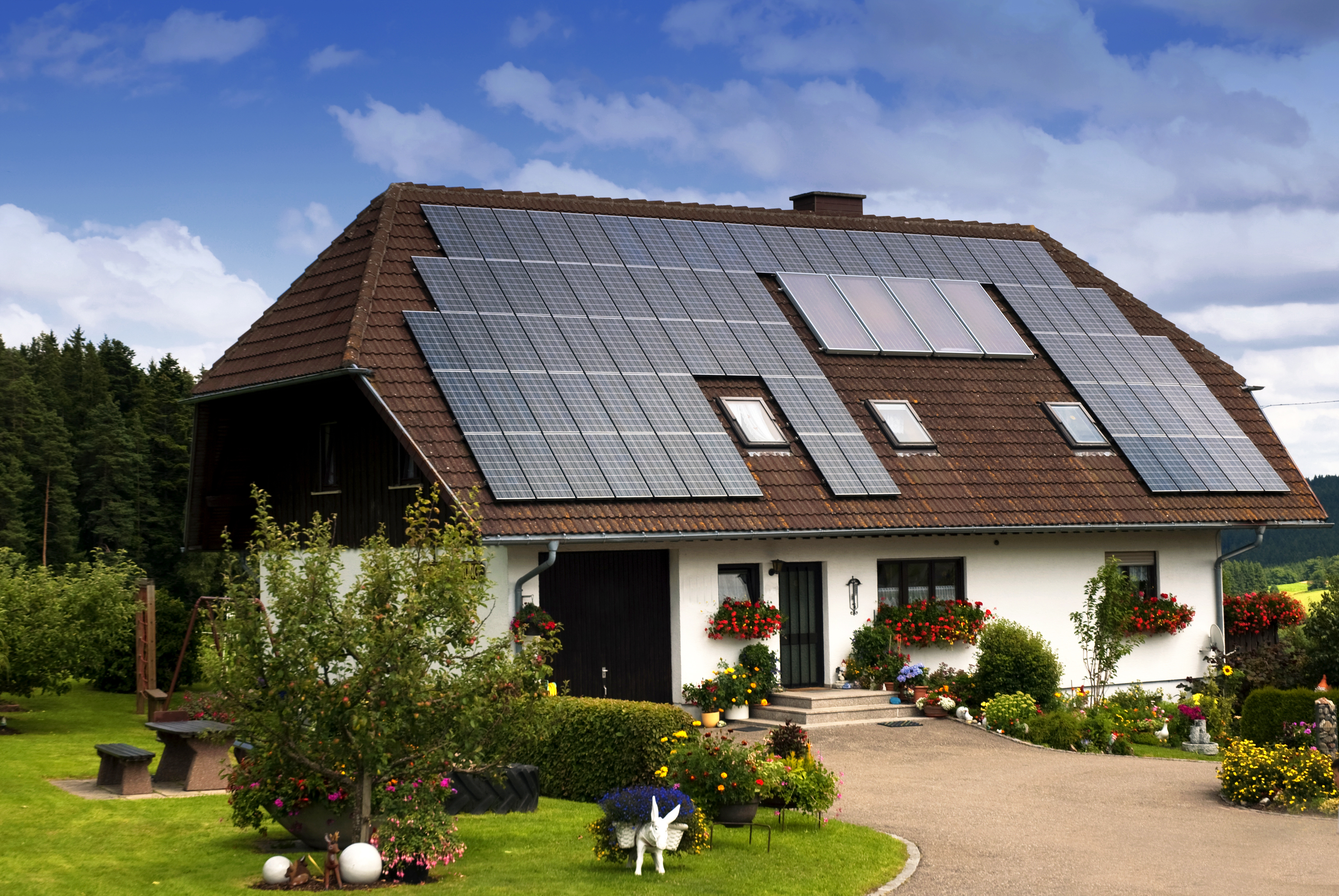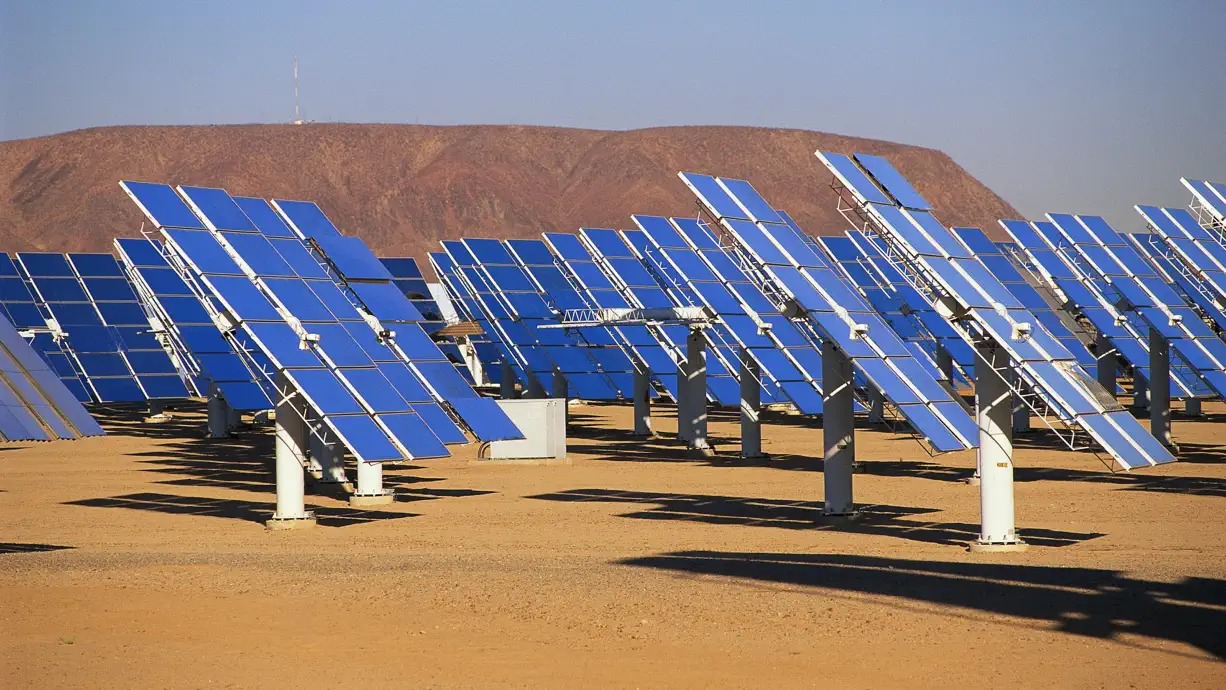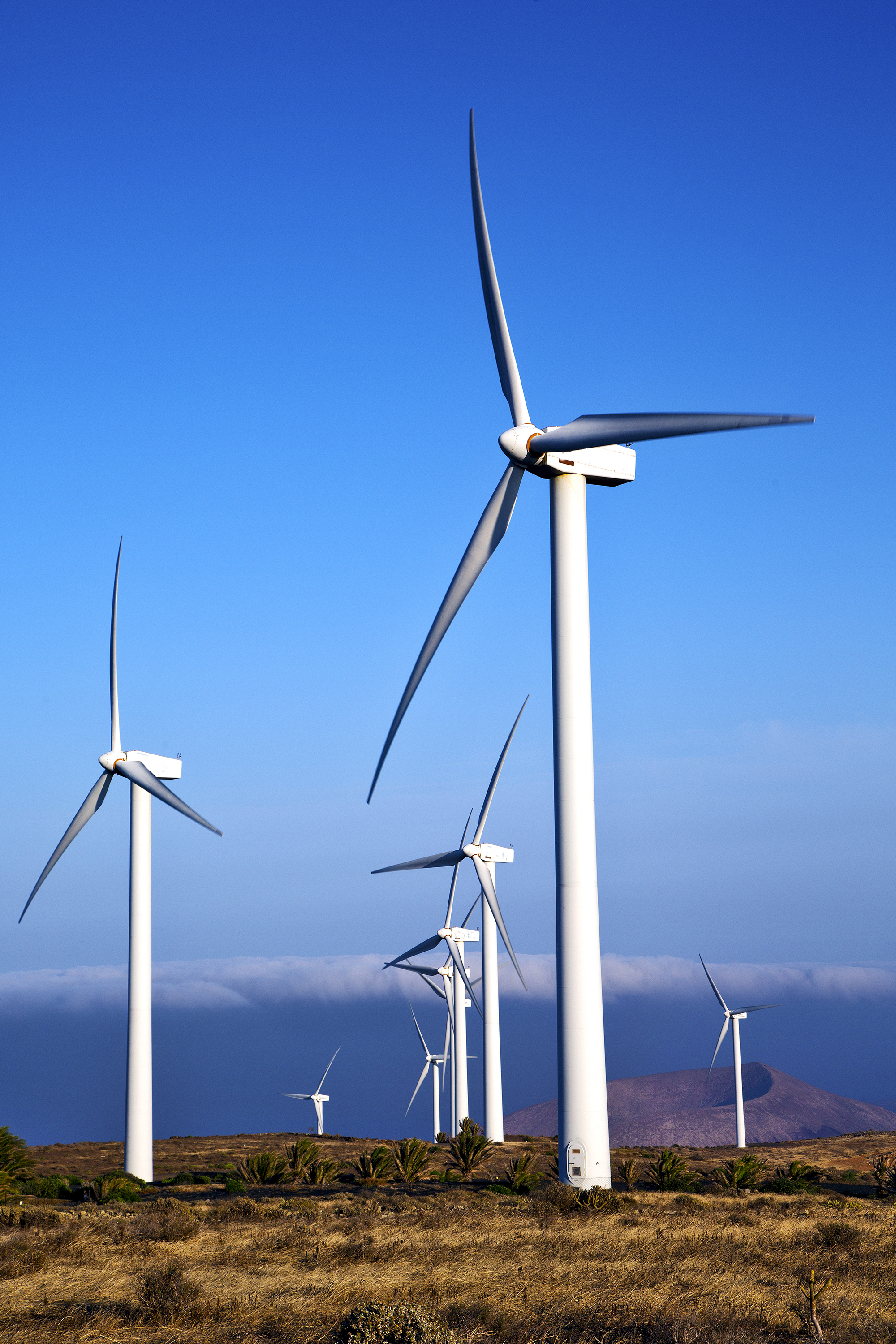Sustainability is the ability of an activity or way of life to continue over the long term without exhausting resources, damaging the environment , or harming people. Sustainability is an important concept in ecology , engineering , and a variety of other disciplines. Currently, humans are using up natural resources such as forests, soil, and fresh water faster than they can be replenished. People and industries create pollutants and other waste products faster than the environment can safely absorb them. Much technology relies on dwindling supplies of nonrenewable resources, such as oil, coal, and certain metals and minerals, which cannot be replaced once used. For these reasons, many people believe that humanity’s current way of life is not sustainable.

Creating a sustainable society is one of the great challenges facing humankind. Experience from around the world shows that we have many of the tools needed to create sustainable industries and lifestyles. Forests and fisheries, for example, can be managed to ensure healthy populations of trees and fish for the future. Such renewable energy sources as solar panels and wind turbines are increasingly popular and affordable. Unlike coal, oil, and natural gas, solar and wind energy will not run out and do not cause pollution or damage Earth’s climate when used.


However, new designs for buildings, automobiles, and electric power systems may be necessary to take full advantage of renewable energy sources. For example, wind turbines and solar panels only generate electric power when it is windy or sunny. Battery systems could store excess power for use during other times. But new forms of battery technology must be developed in order for the storage of excess power to become cost effective. Developing sustainability will require a long-term process of learning and adapting our ways of life.
